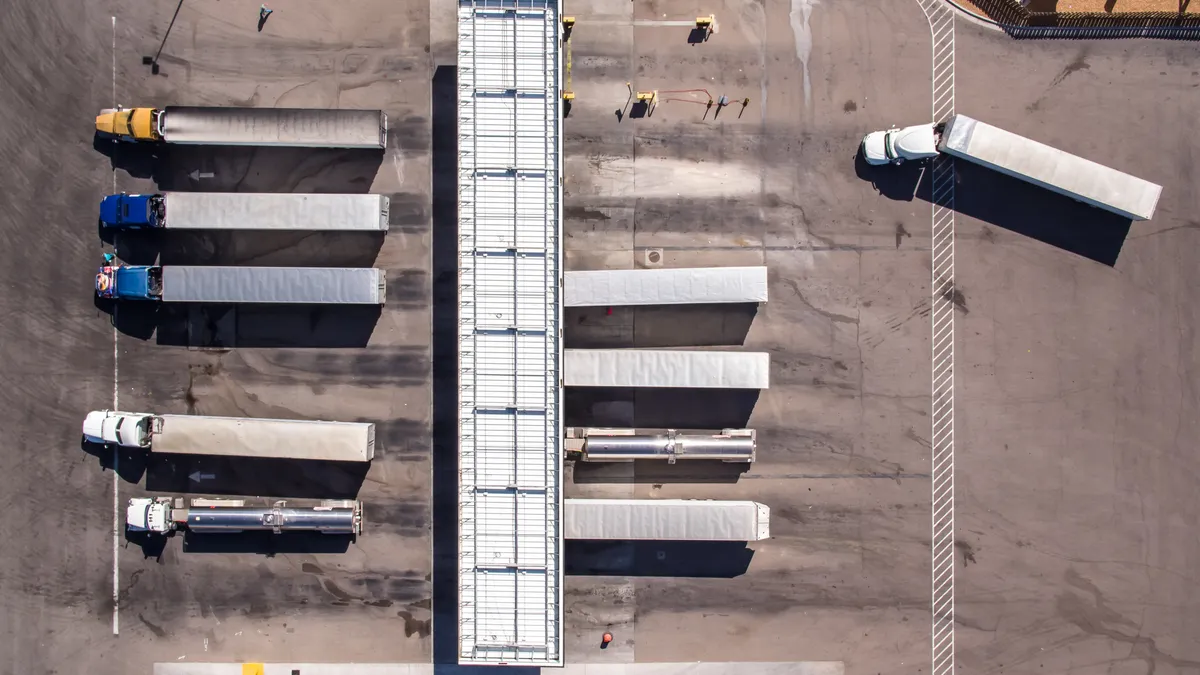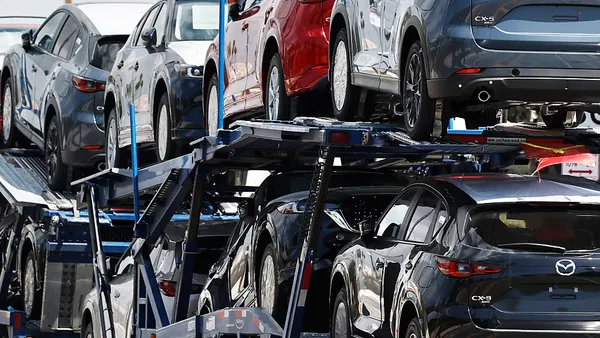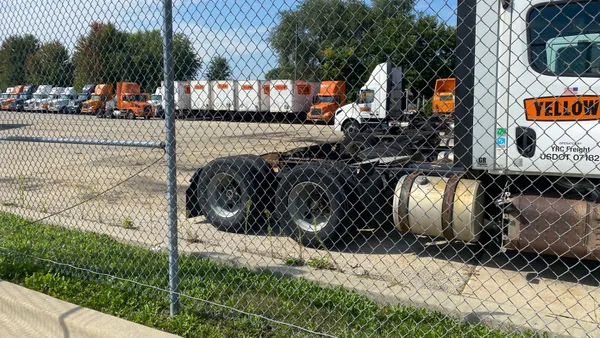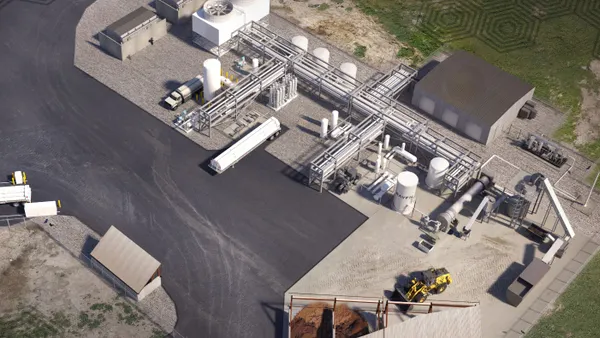Restrictions on connected vehicle products will affect passenger vehicles but exclude the trucking industry at first, the Commerce Department said Tuesday.
Citing security concerns, the government has finalized a rule to restrict the automotive supply chain for products linked to China and Russia. The ban targets automotive technology with wireless capabilities and limits importers and manufacturers regarding software and hardware on vehicles under 10,000 pounds.
Proposed rulemaking released last September initially included restrictions on the trucking industry. “At this time, given the complexity of the commercial vehicle supply chain, the final rule applies only to passenger vehicles (defined as those under 10,001 pounds),” the bureau said this week.
“Today’s rule will prohibit Chinese and Russian software and hardware from being used in connected vehicles on American roads, protecting consumers and ensuring a more secure American auto industry,” National Economic Advisor Lael Brainard said in the news release.
The final rule was published Thursday.
But additional rulemaking is still slated to take shape for commercial vehicles, the department’s Bureau of Industry and Security said.
The government said it recognizes national security risks “in the commercial vehicle supply chain and intends to issue a separate rulemaking addressing the technologies present in connected commercial vehicles — including in trucks and buses — in the near future.”
The Owner-Operator Independent Drivers Association blasted the move. The change puts the issue on the back burner at a time when foreign technologies are already active on U.S. commercial trucks today, OOIDA President Todd Spencer said.
The finalized restrictions involve software starting with model year 2027 cars and hardware systems starting with model year 2030 passenger vehicles. The ban involves technology such as telematics control units, Bluetooth, Wi-Fi communication and automated driving systems such as AVs.
Some in the trucking industry have expressed concern about the testing and future of autonomous tractor-trailers, particularly drivers, who have suggested AVs could take away jobs.
“We question the choice to remove heavy trucks when the Department, itself, emphasizes the ‘grave’ national security risks associated with Chinese or Russian technology components in these vehicles,” Spencer said. “We will work with the Bureau of Industry and Security to ensure the future rule thoroughly responds to the public safety challenges of driverless 80,000-pound trucks.”
The Autonomous Vehicle Industry Association, which represents AV firms developing and deploying the technology on passenger and commercial vehicles, supports cybersecurity efforts but have noted concerns about the rule.
AVIA General Counsel Ariel Wolf suggested the government should allow U.S. businesses to still use parts from foreign entities “when there is no reasonable alternative,” in a public comment submitted in October. In the 17-page letter, Wolf also raised concerns that information submitted to the government could easily be obtained by AV firms’ competitors.
OEMs including Aurora and Volvo Group North America echoed AVIA’s comments last year, issued their own individual comments and stated their support for security efforts.










